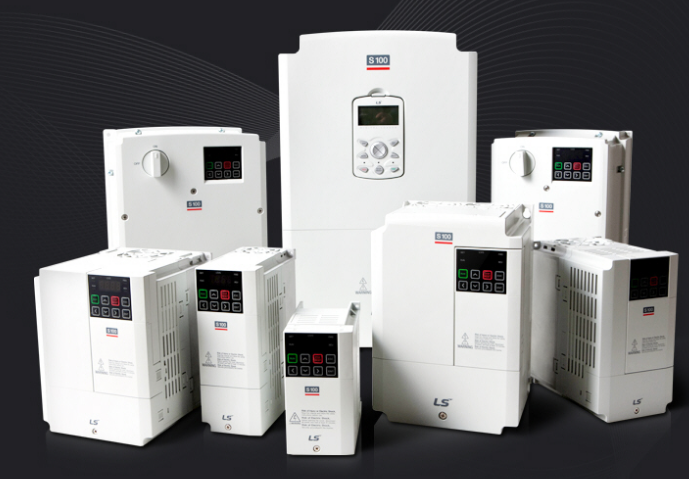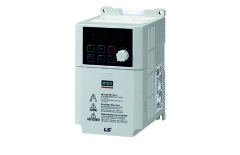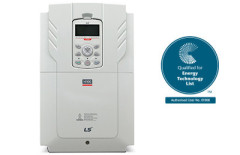This website uses cookies so that we can provide you with the best user experience possible. Cookie information is stored in your browser and performs functions such as recognising you when you return to our website and helping our team to understand which sections of the website you find most interesting and useful.
BioCity, the former Boots R&D centre based in Nottingham city centre, consists of four multi-storey buildings now each containing office space and laboratories and being used for business start-ups and mature life science companies. Founded jointly by the University of Nottingham and Nottingham Trent University in 2002, BioCity now hosts many entrepreneurial companies within the healthcare and pharmaceutical sectors occupying anything between customised small spaces to whole floors.
The mechanical and electrical infrastructure of the original buildings have constantly been modified and upgraded to reflect the growing need for building efficiency and much of this work has focused on water pumping, heating, IT, lighting and air conditioning and ventilation systems.
The monthly electricity bill in excess of £50,000 across the whole site prompted BioCity’s Engineering Manager Colin Whitelock to investigate ways to further reduce expenditure and industrial energy efficiency experts from Luton based Dalroad Norslo Ltd (Dalroad) were consulted.
Whitelock explains ‘My investigations into the power consumption of the site water pumps and HVAC systems showed that the electric motors driving them were a major source of energy usage and it was quickly established that they were not running as efficiently as possible’.
The pumps and fans in question were often connected directly to the sites main 3-phase power system and found to be running faster than necessary to achieve the various pressures and temperatures required for efficient operation and the client’s comfort throughout the year. Flow from various pumps had been throttled by valves and some of the fans were still using inefficient Guide Vane technology from a time gone by.
After further measurements and consultation with Dalroad’s engineers, twenty two LS Industrial Systems S100 type variable speed drives (VSD’s) supplied by Dalroad were installed by BioCity’s own team of engineers in close proximity to the fans and pumps which were located in several plant rooms and at roof level in both the Innovations Building and the Stewart Adams Building.
“The introduction of LS VSD’s to systems on site, that had no control measures on them, is the latest step in the energy saving initiatives implemented on the BioCity Nottingham site. The drives were simple to install and set up”, comments Whitelock, “and once commissioned the task of calculating the energy savings – made possible by installing the VSD’s began”
Following the completion of the installation of the LS drives in May 2017, energy consumption across the whole site was monitored once again over a one-year period and compared to the previous twelve months usage and an impressive saving of 845,900 kWh has been achieved.
The energy saved in terms of kilowatt-hours across the site translated to a saving in excess of £58,000 per year and achieving a return on BioCity’s investment (payback time) of just under 3 months.
“As can be seen by the figures, the installation of these drives has had a significant effect on the electrical consumption on site, the payback period from this is the best achieved so far. Other energy-saving projects payback time have been between six months to fifteen months. As a result of the savings achieved on the electrical supply, the energy saving initiatives are now being rolled out at our Scotland site.” Expressed Whitelock.
With vast experience in energy saving techniques using LS variable speed drives and across many blue-chip company sites, Dalroad has again demonstrated that with investment in this in-demand technology large energy savings are easily achievable.
Please visit www.dalroad.com to find out more.
VSD Range





